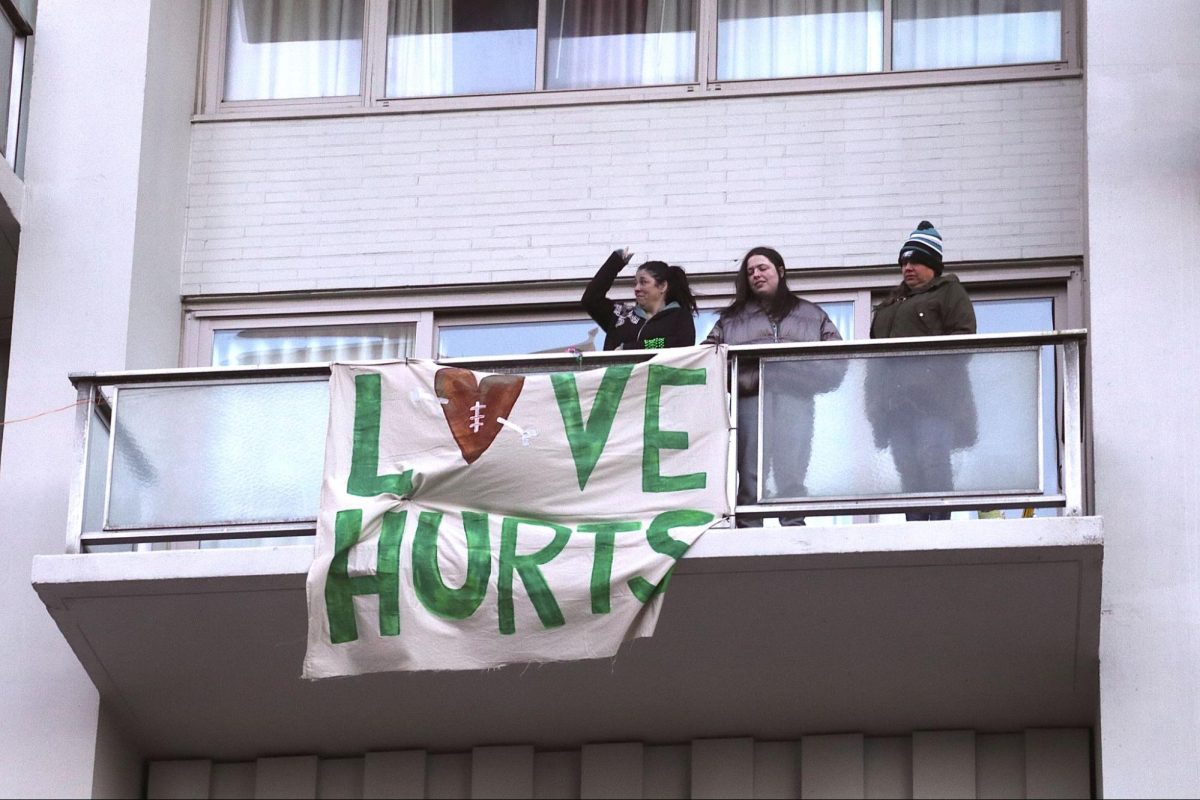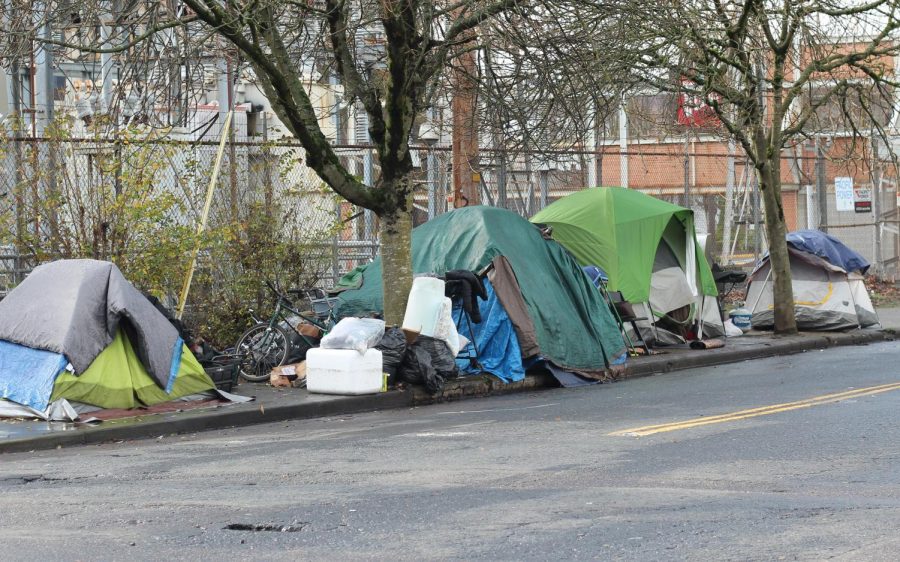Update: What Happened to Philadelphia’s Encampment Protests?
In the wake of May and June’s nationwide protests against racial injustice, nearly two hundred Philadelphians established a temporary encampment on Fairmount Park’s Von Colln Field next to the Benjamin Franklin Parkway. This protest highlighted the intersection between systemic racism and the affordable housing crisis in Philadelphia. The encampment, subject to consistent media coverage throughout the summer and fall, emptied seemingly overnight in October. However, protesters only abandoned the sight after brokering a deal with the city of Philadelphia.
Members of the encampment agreed to vacate the park under the condition that the city would construct two tiny-house villages for Philadelphians experiencing homelessness in the near future. The city has already selected one location at 4917 Aspen Street in West Philadelphia, with rumored construction costs of approximately $1.2 million. Although the other location has not yet been announced, an unnamed city official working on the project disclosed that the city is exploring a site in North Philadelphia. Each village will house no more than 36 individuals.
Costs and construction will be covered by outside non-profit groups. Organizations including the Student-Run Emergency Housing Unit of Philadelphia and Philly Office Retail have expressed interest in participating in the project.
The design of these tiny-house villages will take inspiration from the City Permitted Villages project in Seattle, where the municipal government built shelters with individual bedrooms for people experiencing homelessness. These spaces, which aim to provide shelter without excessive surveillance, have shared bathrooms, kitchens, and outdoor spaces.
For the duration of the COVID-19 pandemic, all beds in the tiny-house villages will be reserved for individuals over the age of 65. Residents will be chosen by the Philadelphia Office of Homeless Services, though an official selection process has yet to be disclosed to the public.
Local legislators are also working to solve regional problems regarding affordable housing. Democratic members of the Pennsylvania House of Representatives recently introduced a package of bills designed to defend Pennsylvanians adversely affected by the affordable housing crisis. The package, known as Safe at Home, contains ten pieces of legislation that would provide aid to renters, small business owners, and homeowners behind on their mortgage payments.
Each of the bills in Safe at Home specifically addresses intersections between the affordable housing crisis and the COVID-19 pandemic. Many of the provisions in these bills seek to extend moratoriums on housing payments and evictions, as well as restructuring late fees for missed payments after the pandemic.
The package’s web page explains the need for urgent and progressive housing legislation. “The moratorium is ending, but the virus certainly is not,” it reads. “We will not stand by and watch tens of thousands of Pennsylvanians be pushed out of their homes. The federal government has failed to act to make sure homeowners, renters and small landlords can maintain their property.”
Philadelphia-area representatives Elizabeth Fiedler, Malcolm Kenyatta, and Morgan Cephas each sponsored one or more bills in the package. A number of representatives from greater Pittsburgh sponsored the bills as well.
The Pennsylvania State Legislature has not voted on any of these bills yet, which may struggle to pass through a conservative majority. Pennsylvanians supporting this legislation can express support to their representatives here.























